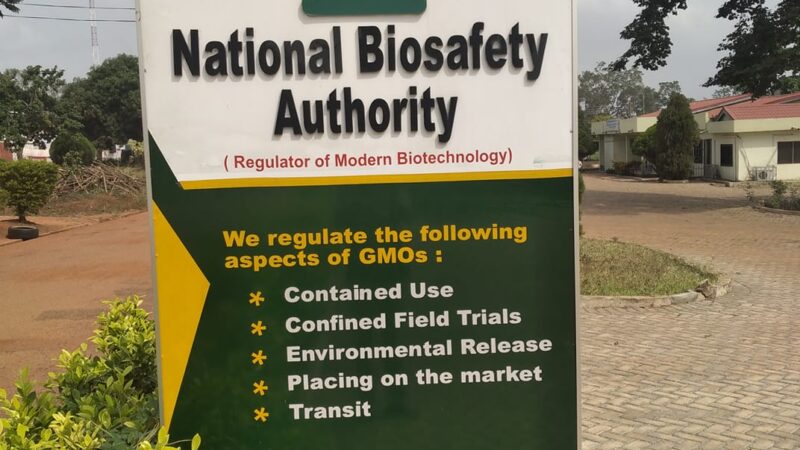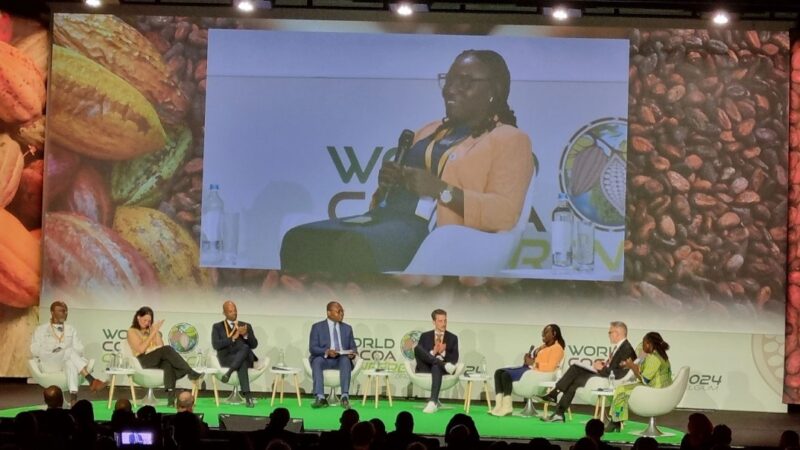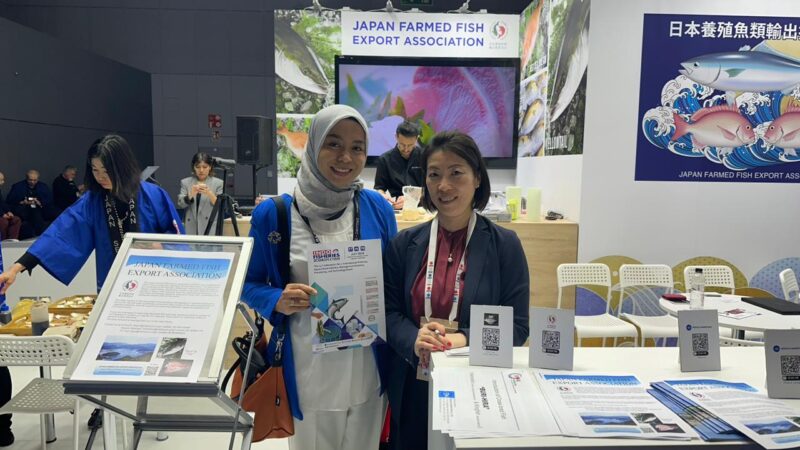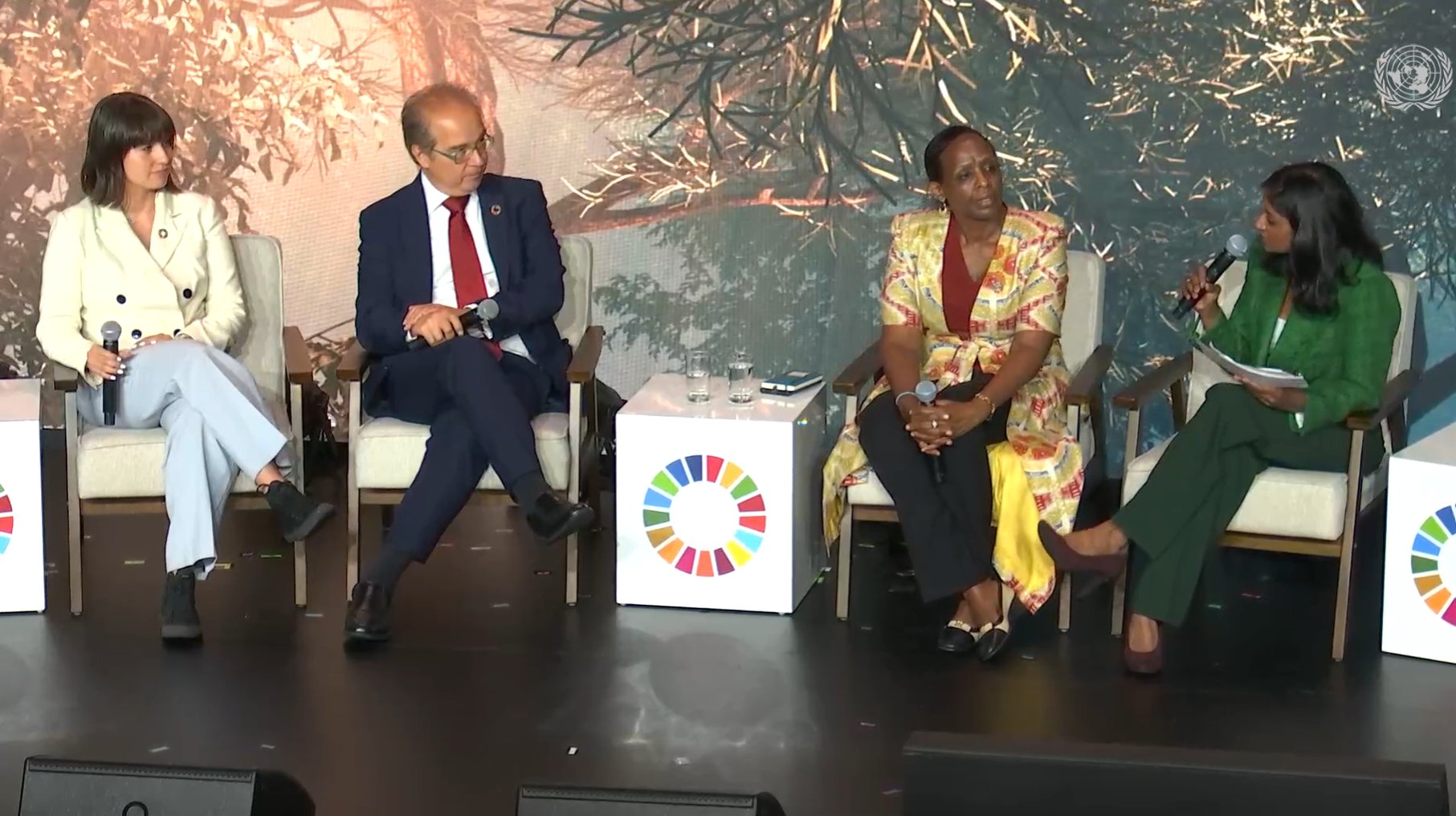
President Nana Akufo-Addo and AGRA President Dr. Agnes Kalibata have called for more action from the private sector to help the world meet the Sustainable Development Goals (SDGs) on ending world poverty and hunger.
The two, alongside former British Prime Minister Gordon Brown, are among several world leaders who participated in a session on the sidelines of the United Nations General Assembly themed; “SDGs in the Second Half.” The session on Tuesday was moderated by the BBC’s Sumi Somaskanda.
“The money in the world is held by the private sector in trillions. What is available in the public sector is mainly minimal. How can we have a satisfactory arrangement for those who hold the money (to make it available)? That is what we are yet to see,” President Akuffo-Addo said.
With 7 years more left for the SDGs to be met in 2030, the president expressed concern world leaders haven’t taken adequate steps to raise the necessary financing to help deal with climate change.
“I haven’t seen the political will to address SGDs. So far, there is a lot of talk. But one hasn’t seen any concrete measures being taken,” he said.
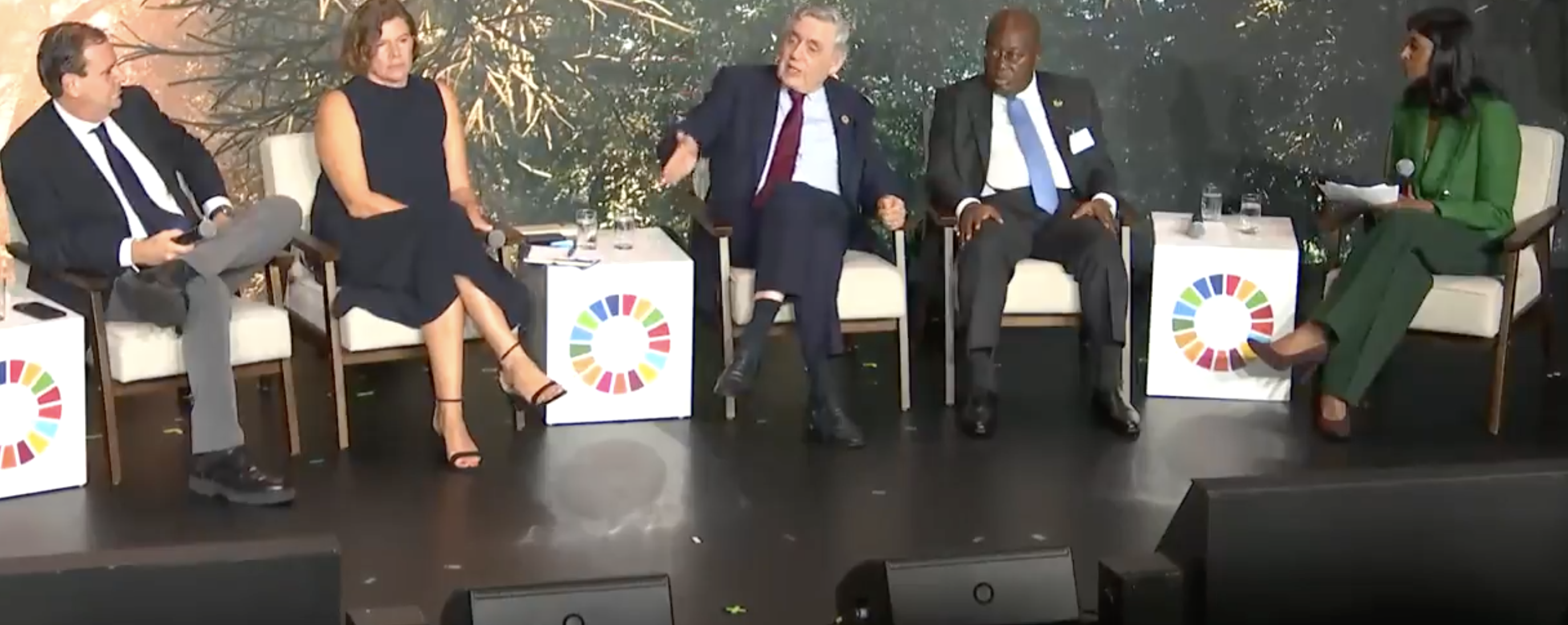
AGRA President Dr. Agnes Kalibata said the private sector has an important role to play in dealing with issues of hunger and poverty.
“I think the private sector has a huge opportunity to step forward and innovate to create a good food system. Private sector can bring solutions to the table when it comes to food loss and waste for example. There are so many things the private sector can do,” she said.
She also called on world governments to act decisively. “Our governments must act. We really need to see global action on food systems. All of us must act to fix the food systems. We need to ensure we are financing decarbonizing of the food systems so it can work for us,” Dr. Kalibata said.
“If we can all pay for the true cost of food; environment, water, labour of the farmers that are not being renumerated the right way. If we can ask ourselves; how did the food get here? How much do I have to pay for the food system to stay healthy? Then we can begin to make sure the world is going to a better place,” she said.
“It will not happen unless we as consumers and start demanding that the right thing happens,” she added.
Former UK Prime Minister Gordon Brown apologized on behalf of leaders in the Western world for the absence of adequate funding to help the developing world meet the SDGs.
“I want to start by apologizing to my friend, the president of Ghana, and the whole of Africa. Because in the last few years, we the international community let people die by failing to transfer available vaccines,” he said.
“We let the hungry starve through failing to transfer available foods. And we are letting drought and floods destroy people’s lives because we are not transferring the funds we promised for climate finance and climate change,” he added.
Background
In 2015, world leaders agreed on a game plan to build a fairer, greener, more equitable world by 2030: The Sustainable Development Goals (SDGs). The triple impact of Covid-19, rising conflict, and the climate crisis have reversed years of hard-earned development progress. In this session, the world leaders and experts discussed trends and forces that can help better shape the next seven years to successfully meet the SDGs.

